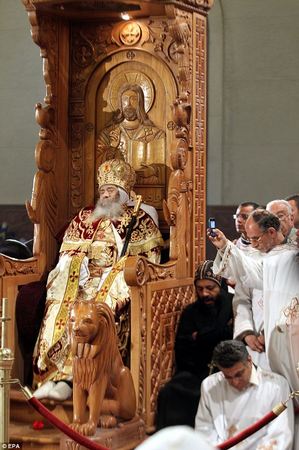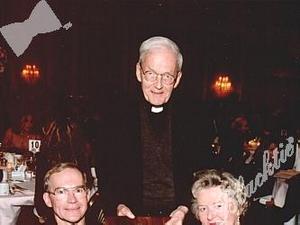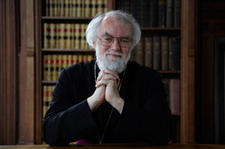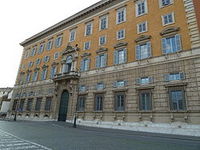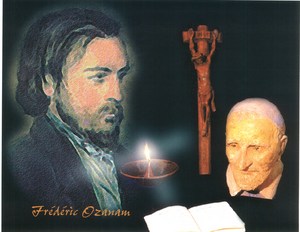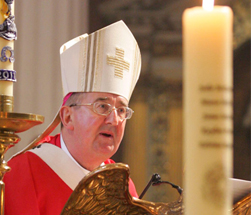On Saturday, 17
March 2012, Pope Shenouda III, the 117th head of the Coptic Christians died.
Shenouda was the successor of Saint Mark. He led his Church since November
1971.
UK’s Mail Online has a story of
Pope Shenouda with other photos here. Plus, the Washington Post has an article to
read.
Pope Benedict XVI sent this note of condolence to the Coptic
Christians:
On learning of the sad departure to God, our common Father, of His
Holiness Shenouda III, Patriarch of Alexandria on the See of Saint Mark the
Evangelist, I wish to express to the members of the Holy Synod, to the priests
and all the faithful of all the Patriarchate, my most sincere brotherly
compassion. I recall with gratitude his commitment to Christian Unity, his
memorable visit to my predecessor Pope Paul VI, and their signing of the Joint
Declaration of Faith in the Incarnation of the Son of God together in Rome, on
May 10, 1973, as well as his Cairo meeting with Pope John Paul II during the
Great Jubilee of the Incarnation, on February24, 2000. I can say how the
Catholic Church as a whole shares the grief that afflicts the Orthodox Copts,
and how she stands in fervent prayer asking that He, who is who is the
Resurrection and the Life, might welcome his faithful servant. May the God of
all mercy receive Pope Shenouda in His joy, His peace and light.
When I met Pope Shenouda in St Louis, Missouri in 1994, it was a very interesting experience all around. May God be merciful to him and Saint Mark his steps to paradise.
The photo
above is of Pope Shenouda sitting on his throne one last time before burial.
Perhaps the Roman bishops would like to adopt this practice.
